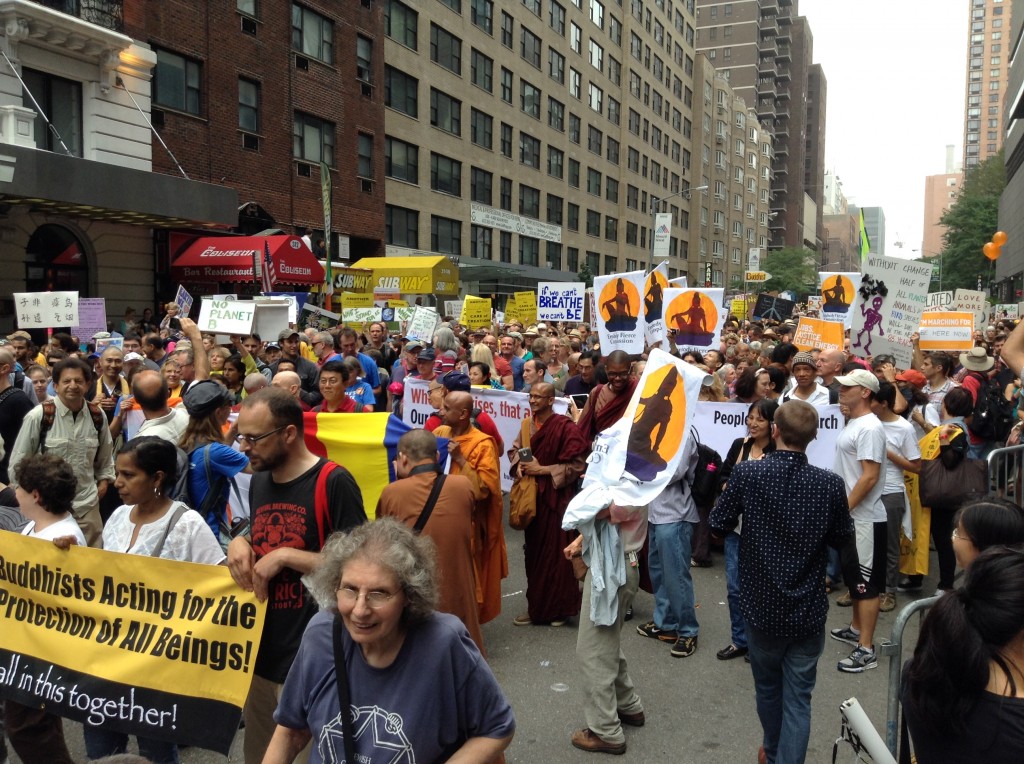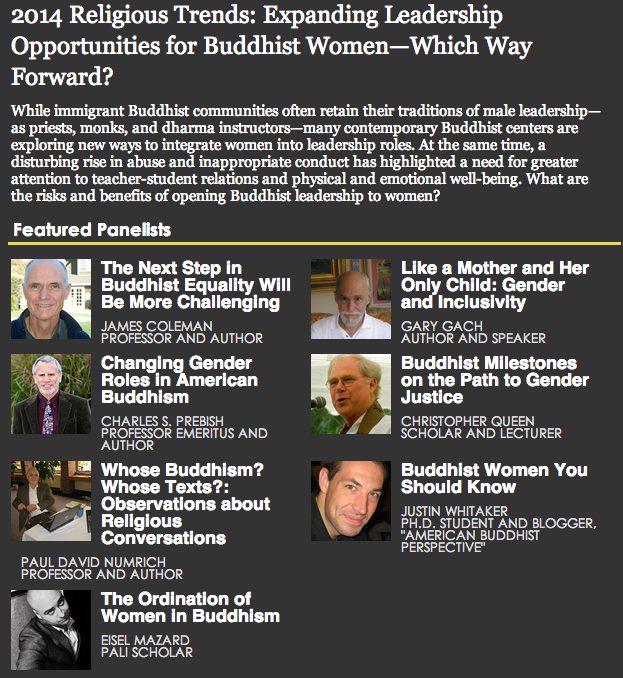
Jack Kornfield has a new piece about the violence committed by Burmese Buddhists against Muslim Rohingyas in the latest issue of Shambhala Sun. You can read it online here, or download a PDF version of the magazine pages here.
This is a snippet from the very beginning:
On the surface, upcountry Burma is not very different than it was in 1971, when I first trained there as a monk in the monasteries of Mahasi and Sunlun Sayadaw. The green and dusty landscape is dotted with temples and golden pagodas. There are poor hardworking farmers and small towns with colorful marketplaces. The Burmese people remain extraordinarily gracious and goodhearted, the nation a revered center of Buddhist teachings.
But now there is also fear, an underlying tension spreading across the country. I recently returned from working in Burma with peace activists and for Partners Asia, supporting schools, shelters for orphans and battered women, HIV programs, rural clinics, and other amazing projects across the land. I found amid the positive changes and slow movement toward democracy a growing religious and ethnic intolerance and conflict.
I’ve got a couple of comments about the whole piece, but I should preface them by saying that this article is an important contribution to Buddhist dialogue and action on this issue, coming as it does from a teacher of Jack Kornfield’s stature; the more Buddhist leaders can do to speak out and take action against what’s happening to the Rohingya in Burma the better. So — very sincerely — big gratitude to Jack for making this a priority.
Now, on to the feedback…
First, be sure to read Lynette Genju Monteiro’s equally important response to the article at 108ZenBooks, which goes a long way to put into perspective the way some outsiders (like Mr. Kornfield) might see the Burmese people. In fact, one should not read Mr. Kornfield’s piece without also reading Ms. Monteiro’s response. [UPDATE: Mr. Kornfield has written a lovely response to Ms. Monteiro in the comment thread with his article online.]
Second — and this is less about the piece, and more a general observation that it inspired — Mr. Kornfield alludes to something I’ve also noticed in corners of the Western Buddhist world: baseless suspicion about the veracity of reports coming out of Burma. He writes:
Here in the West, people are shocked. Isn’t Buddhism the religion that preaches against violence and killing? Are these stories true?
He goes on to confirm that, yes, these stories are in fact true — something that really isn’t in dispute, except, I guess, among the incredibly naïve, partisan hacks, the uninformed, and those in deep denial.
Mr. Kornfield is not the only Buddhist bringing this confirmation to the Western Buddhist world right now: Hozan Alan Senauke wrote recently for Buddhadharma: The Practitioners’ Quarterly about the formation of the International Forum on Buddhist-Muslim Relations, a “fact-finding” commission with “plans to meet and collaborate with local civil-society bodies inside Myanmar.” (Obviously, this project will have impacts beyond just the Western Buddhist world.)
On the one hand, all this confirmation and fact-finding by Buddhist observers can’t but be helpful in its way — anything that convinces Buddhists outside of Burma that something needs to be done about this is a good thing. On the other hand, though, do Western Buddhists really have any reason to ignore, reject, or be dubious about the in-depth investigations by organizations like Human Rights Watch or Pulitzer Prize-winning reporting by independent news agencies like Reuters? Not that I can see. Are the glasses of Buddhists in the West so rose-colored that we really need Western Buddhist leaders to convince us that information brought to us for two years now by Human Rights Watch and Reuters and others is true?
Finally, I think Mr. Kornfield is far too easy on Aung San Suu Kyi, about whom he says:
[She] holds a long-term vision of development for Burma with immense dignity, grace, and courage, encouraged those of us who met with her to engage with all parties in the conflict. Unfortunately, the military-imposed constitution still hasn’t been changed to allow her full political rights and she is limited in her own ability to respond.
She may be limited if she wants to advance herself and her party politically — and those goals certainly seem to have gotten priority over matters like the plight of the Rohingya. As the Guardian‘s Emanuel Stoakes has pointed out, Ms. Suu Kyi herself has explicitly reiterated to the press that she’s a politician first and has certainly “begun to act like any other politician: single-mindedly pursuing an agenda [of changing the constitution], making expedient decisions with one eye on electoral politics, the other on kingmakers in Naypyidaw and the domestic political economy.”
But, ultimately, what’s really more important? Indeed, the editorial board of the New York Times has called her silence on the Rohingyas “tragic,” and further notes with concern that she has “rejected” Human Rights Watch’s findings about state-sponsored persecution and violence in Burma. In addition, her statements in an interview with the BBC this past fall have many reasonably wondering if she has “lost” her moral authority and even “succumbed to…Islamophobia.”
In the past, Suu Kyi has been a touchstone of righteousness for Burma and an inspiration to the rest of the world. Her words and actions of late, however, have been disappointing and sometimes even dangerously wrong-headed. Buddhists — particularly those here in the West — often struggle with challenging our “elders” directly. This is one moment where we can’t make excuses for a respected elder. With compassion and love, we need to say, “We’re not buying it. You are wrong on this. We’re going with the peacemakers. You can do better. Please do better.”











